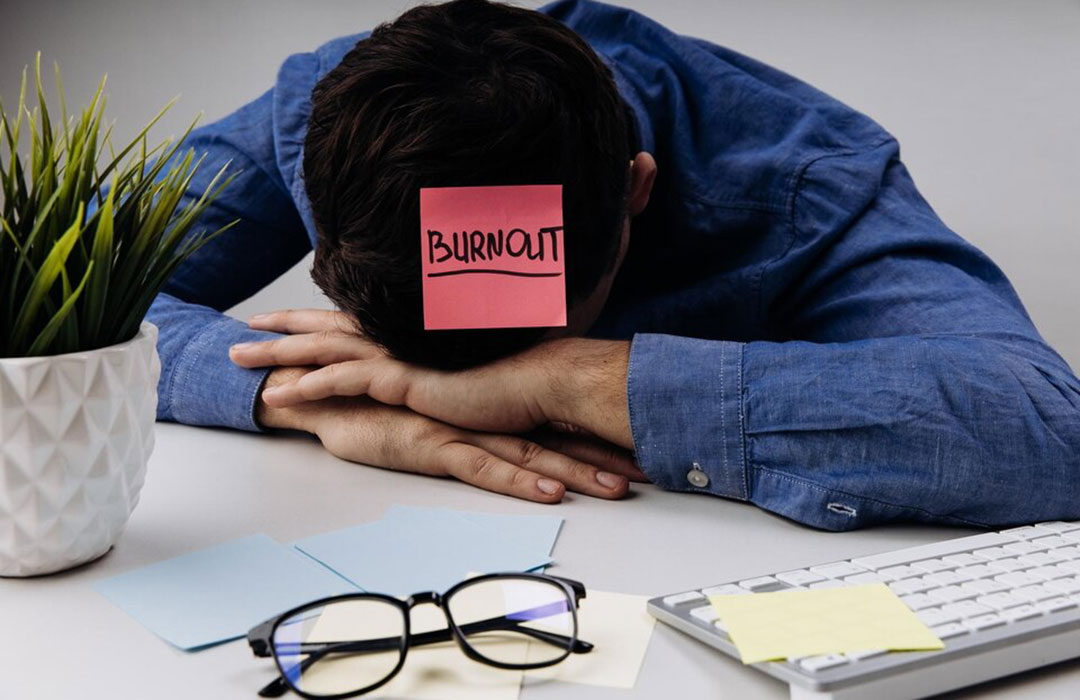Introduction
Living with chronic illness burnout can be physically and mentally exhausting. It’s common to experience Chronic Illness Burnout and emotional and physical exhaustion resulting from the demands and challenges of managing a chronic condition. This article will explore five powerful strategies to help you overcome Chronic Illness Burnout and regain balance, purpose, and well-being.
What is Chronic Illness Burnout?
Chronic illness burnout refers to overwhelming physical, emotional, and mental exhaustion experienced by individuals with chronic conditions. It is a phenomenon where the constant demands and limitations imposed by the illness become too much to bear, leading to feelings of frustration, hopelessness, and a decline in overall well-being.
Living with a chronic illness is a continuous battle, requiring daily management of symptoms, medical appointments, treatments, and lifestyle adjustments. Over time, the constant strain can take its toll, leading to burnout. This state of exhaustion is comparable to occupational burnout but applies explicitly to individuals dealing with chronic health issues.
5 Powerful Strategies to Overcome Chronic Illness Burnout
- Prioritize Self-care
- Build a Support Network
- Set Realistic Goals
- Practice Mindfulness and Stress Management
- Seek Professional Help
Prioritize Self-Care.
Chronic illness can often consume your life, leaving little time for self-care. However, it is crucial to prioritize your well-being. Engage in activities that promote relaxation and rejuvenation, such as meditation, deep breathing exercises, and practicing mindfulness. Take care of your physical and emotional well-being by getting enough rest, maintaining a healthy diet, and exercising regularly. Self-care activities will help replenish your energy and provide a much-needed break from your condition’s demands.
Build a Support Network
Navigating chronic illness alone can be overwhelming and isolating. Building a support network is essential for your emotional well-being. Seek out friends, family members, or support groups who understand your challenges. Share your experiences, frustrations, and triumphs with others with similar conditions. Their support and encouragement can provide emotional relief and make you feel less alone. Additionally, consider joining online communities or forums where you can connect with individuals facing similar struggles.
Set Realistic Goals.
Living with a chronic illness makes it easy to become frustrated when you can’t accomplish as much as you’d like. Setting realistic goals can help alleviate this pressure. Break down larger tasks into smaller, more manageable steps, and celebrate each accomplishment. This approach allows you to regain control and purpose without overexerting yourself. Remember that your goals may differ from those without chronic illness, and that’s okay. Focus on what is attainable and meaningful to you.
Practice Mindfulness and Stress Management
Chronic illness can bring about high levels of stress and anxiety. Incorporating mindfulness exercises into your daily routine can help reduce stress and improve focus. Try practicing meditation, deep breathing, or engaging in activities that bring you joy and relaxation. Explore stress management techniques like journaling, yoga, or listening to calming music to find what works best for you. These practices can provide peace and emotional relief during challenging moments.
Seek Professional Help
If chronic illness burnout persists despite your best efforts, don’t hesitate to seek professional help. A healthcare provider like a psychologist or counselor can offer guidance and support tailored to your needs. They can assist you in navigating the emotional challenges associated with chronic illness burnout, help you develop coping strategies, and explore additional treatment options. Professional support can provide valuable insights and help you regain control over your well-being.
Can Chronic Illness Cause Burnout?
Yes, chronic illness can cause burnout. The persistent nature of chronic conditions, coupled with their impact on daily life, can lead to immense physical and emotional exhaustion. Patients with chronic conditions often face multiple challenges, including pain, fatigue, medication management, lifestyle restrictions, and the emotional burden of dealing with a long-term health issue.
The International Classification of Diseases (ICD-11) recognizes the impact of chronic illness on mental health, listing “burnout” as an official diagnosis. This acknowledgment reflects that chronic illness can profoundly affect a person’s well-being and overall quality of life.
What are the Symptoms of Chronic Illness Burnout?
Identifying the symptoms of chronic illness burnout is crucial to take appropriate action and seek support. Here are some common signs of chronic illness burnout:
- Exhaustion: Feeling constantly physically and mentally drained despite getting sufficient rest.
- Lack of Motivation: Losing interest and enthusiasm for activities and hobbies that were once enjoyable.
- Increased Irritability: Feeling easily agitated, impatient, and having a short fuse.
- Emotional Distress: Experiencing frequent mood swings, sadness, anxiety, or depression related to the chronic illness.
- Reduced Productivity: Struggling to meet daily responsibilities and obligations due to low energy levels and lack of focus.
- Social Withdrawal: Withdrawing from social interactions and isolating oneself from friends and family.
- Negative Self-Image: Feeling helpless, hopeless, or inadequate due to the limitations imposed by the chronic illness.
How Do You Push Through Chronic Illness?
Pushing through chronic illness requires a combination of self-care, support, and professional help. Prioritize self-care, build a support network, set realistic goals, practice mindfulness and stress management, and seek assistance from healthcare professionals when needed.
Frequently Asked Questions (FAQs)
-
How long does chronic illness burnout last?
Chronic illness burnout duration varies from person to person. It can last for weeks, months, or even years. The key is to take proactive steps to address it and seek support when needed.
-
Can chronic illness burnout lead to depression?
Yes, chronic illness burnout can increase the risk of developing or exacerbating symptoms of depression. It is essential to seek professional help if you notice signs of depression.
-
Can chronic illness burnout affect my relationships?
Yes, chronic illness burnout can strain relationships. Chronic illness’s emotional and physical toll can make it challenging to engage fully in relationships. Open communication and seeking support can help alleviate this strain.
-
Are there any medications specifically for chronic illness burnout?
There are no specific medications for chronic illness burnout. However, healthcare providers may prescribe medications to manage symptoms associated with chronic conditions or mental health concerns.
-
How can I explain chronic illness burnout to my loved ones?
Openly communicating with your loved ones about chronic illness burnout is crucial. Please explain how the constant challenges and limitations impact your physical and emotional well-being and express the need for their support and understanding.
-
Can chronic illness burnout be prevented?
While chronic illness burnout may be difficult to prevent entirely, taking proactive steps such as self-care, seeking support, and managing stress can help reduce its impact and improve overall well-being.
Conclusion
Living with a chronic illness can be incredibly challenging, often leading to chronic illness burnout. However, by implementing powerful strategies such as prioritizing self-care, building a support network, setting realistic goals, practicing mindfulness and stress management, and seeking professional help when needed, you can overcome chronic illness burnout and improve your overall well-being.




